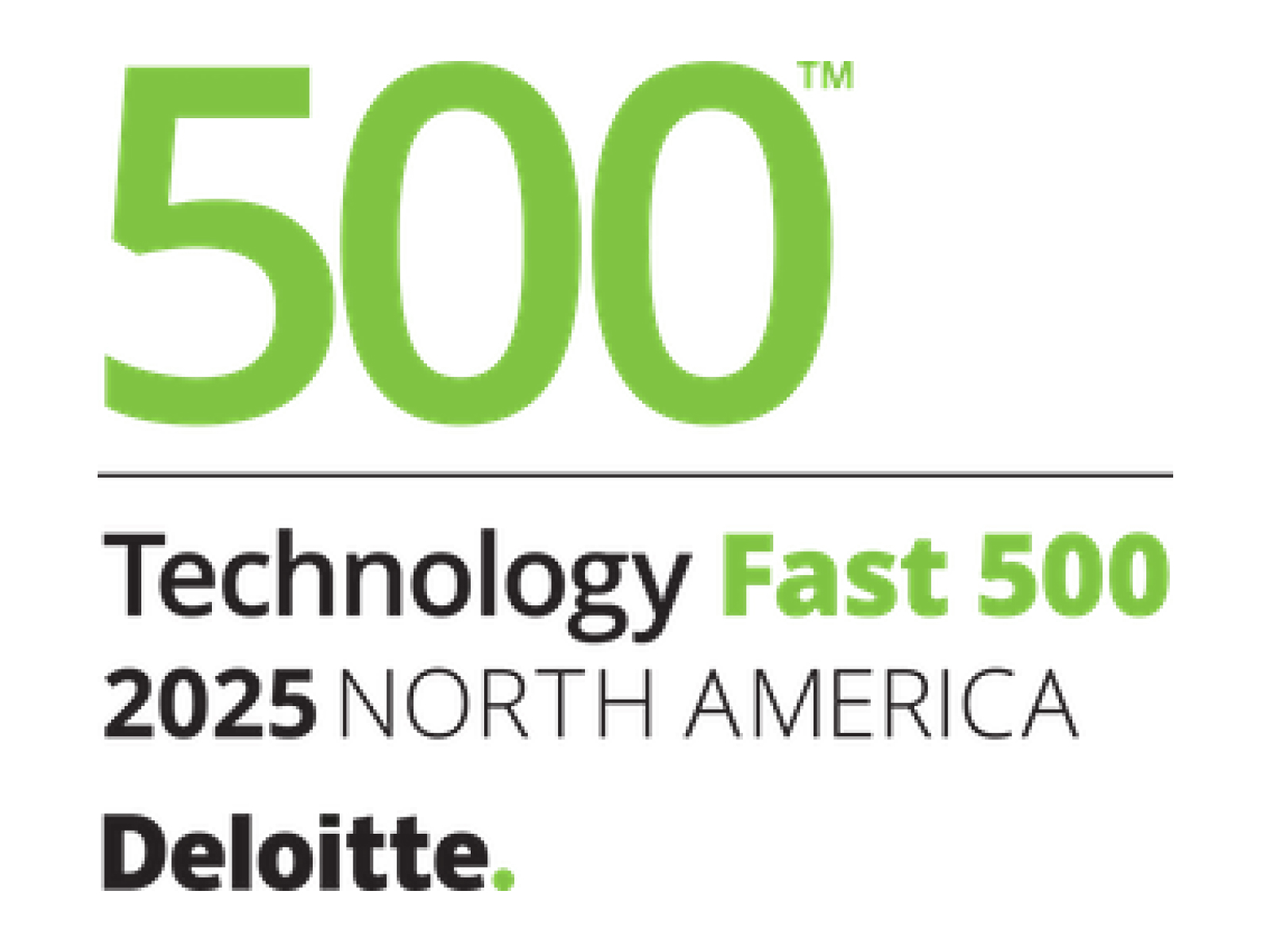Every year, business leaders, investors, executives, and tech enthusiasts gather in Las Vegas for CES – a conference known for premiering breakthrough technologies. The conference is unique in its ability to convene innovative leaders from around the world to discuss the challenges and opportunities in the technology sector.
Wellthy CEO Lindsay Jurist-Rosner joined those leaders this year, speaking on a keynote panel alongside Jenny Abramson, founder and managing partner of the woman-focused venture capital firm Rethink Impact, and Elizabeth Gore, the president and co-founder of small business growth platform Hello Alice.
You can watch the keynote, “Bold Solutions for a Changing World,” here.
The panelists spoke about their backgrounds as underrepresented founders, identified some of the most pressing workforce issues in a rapidly changing world, and discussed how to solve them in a way that’s good for the world and for the bottom line. Amid uncertain economic headwinds at the start of the new year, the speakers focused on what kinds of investments are worth making.
Chief among those is investing in people, and investing in caregivers in particular. Lindsay pointed to a recent conversation she had with an employer client, who said that they believe that caregiving support is a cornerstone for their workforce, even in the case of a downturn.
“Wellthy's ROI is so significant, it's infrastructure for our team,” they told Lindsay. “So if we have to cut costs, we have to reinvest in our current team to make sure that we retain the talent that we need to retain.”
And despite the news that some industries are experiencing layoffs, Lindsay also pointed to the fact that there are ongoing labor shortages in a number of industries, where leaders are increasingly looking for ways to help employees balance work and life in order to staff up.
“You look at healthcare, retail, hospitality, travel: These are industries that can't hire fast enough,” Lindsay said. “Companies like Hilton and Best Buy are saying ‘If we provide care infrastructure for our employees, allow them to set up the right in-home care, find the right daycare, find the right senior care facility for Mom or Dad – that can get more workers back into the workforce, which reduces turnover, and provides a better work experience.’”
In addition to the business proposition of caregiving infrastructure, the speakers also discussed support for caregivers as a diversity and equity issue. Jenny pointed out that with America’s population aging and a disproportionate amount of care responsibilities falling on women, the caregiving crisis promises to be a major issue for working women – one that might threaten to pull the rug out from under the next generation of female founders.
“This will be the women's equality issue for at least the next decade, if not longer,” she said. “Two thirds of caregivers are women. So if we don't figure this out in an efficient way, women will not advance in the boardroom, women will not advance in the C-suite.”
Lindsay agreed, emphasizing the importance of understanding the way that caregiving interacts with all aspects of a person’s life, from their employment status to their cultural background.
“Care is so intersectional,” Lindsay said. “We can’t decouple care from family finances, from religion, from culture, from race, from socioeconomics — they’re all intertwined.”
You can watch the full panel, which also includes insights into the future of the care economy, and Lindsay’s story of purchasing Wellthy’s domain name half a decade before founding the company, here.




.png)